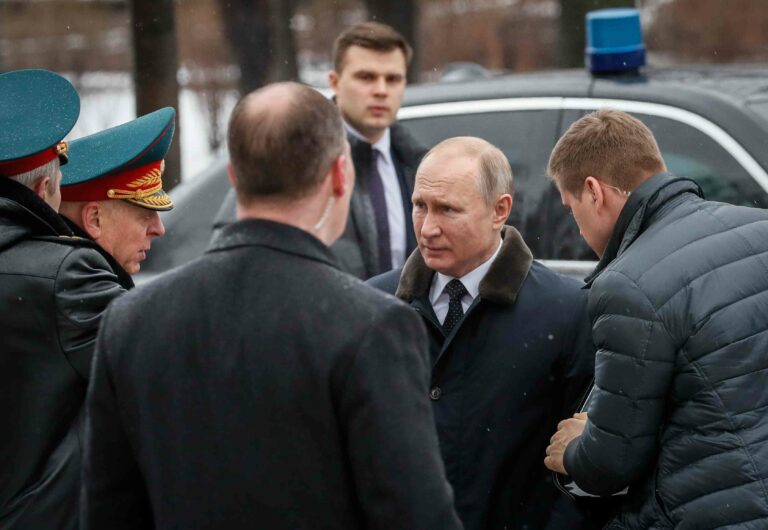The situation in Afghanistan has gone from bad to worse since the United States withdrew in 2021. The failed state continues to face a humanitarian crisis, with almost half of its population – 23 million people – receiving some form of assistance from the World Food Programme last year.
Making matters worse, over 1 million Afghans, concievably the ones who had experience running the government, have fled the country since 2021. According to UNICEF, the number of people in need increased from 28.3 million in January to 29.2 million in May of this year, mainly due to an increase in the number of people requiring specialized protection services.
Worryingly, according to a leaked Pentagon assessment, Afghanistan has become a significant hub for groups like ISIS. There has been a rise in terrorist groups such as the Islamic State – Khorasan Province, and al-Qaeda, which threaten stability in the country and cause concern about a spillover of terrorist activity beyond the country’s borders.
With the war in Ukraine and relations with China taking centre stage, Afghanistan is no longer a key focus for the international community. Consequently, countries in the region, namely Kazakhstan and Uzbekistan, have had to fill the gap.
Central Asia has always been forced to pay attention to the situation in Afghanistan, given its geographical proximity. Out of necessity, governments in the region are at the forefront of supporting Afghanistan’s development and regional integration.
Most of the Central Asian countries have pursued a strategy with Afghanistan based on the assumption that cooperation and engagement, particularly economic, will lead to stability.
Kazakhstan has taken the lead in this endeavour. It has been particularly keen to participate in the development of Afghanistan’s infrastructure, especially in the areas of transport, energy, and agriculture.
The ultimate objective is to integrate Afghanistan into the regional economy, then reconnect it fully to global trade and supply chains.
Kazakhstan is betting that advancing this cross-border transport development will prevent a further humanitarian crisis and the country’s economic collapse which will have a spillover effect.
Kazakhstan has been providing humanitarian aid to the Afghan people for many years now, even prior to the Taliban takeover in 2021, yet this can no longer be considered the only long-term solution.
Instead, Kazakhstan wants to see Afghanistan become a bridge, not a barrier for regional trade. The country has increased its own commerce with Afghanistan with some success. Bilateral trade turnover between the two countries reached almost $1 billion over the past year, which is more than double compared to the previous year.
In a bid to boost Afghan exports, Astana is hosting a business forum which will include an exhibition of Afghan goods, such as agricultural products, carpets, and saffron. The aim is to facilitate private-sector links between the two countries and expand the range of traded goods.
There is a mutual interest in cooperation between Kazakhstan and Afghanistan, as the attained benefits are clear. Afghanistan’s Taliban government is hoping for recognition as it has faced international condemnation over draconian restrictions on women and girls receiving an education and appalling human rights abuses.
The Kazakh government has stated that it will only recognize the Taliban government when it is recognized by the UN Security Council. For Kazakhstan, increased trade cooperation with Afghanistan and the latter’s integration into the regional economy is twofold.
Firstly, economic gains from expanded trade and investment would help diversify Kazakhstan’s transport corridors, including the Trans-Caspian International Transport Route, which Kazakhstan has been actively promoting. Progress in this field would further solidify Kazakhstan’s role as a key facilitator of trade between Asia and Europe.
Secondly, Kazakhstan is hoping that stability in Afghanistan will prevent the spread of terrorism and extremism. With a low probability of direct attacks on Kazakhstan by ISIS or its various offshoots, terrorist activity in the region would hurt the overall regional investment climate, which would have negative repercussions for Kazakhstan’s economy, which has already taken a hit due to Western sanctions against Russia, a key trading partner of Kazakhstan.
Ultimately, the spillover effect that could result from an isolated and vulnerable Afghanistan is a serious risk for Kazakhstan. As a result, Astana, together with its neighbours, will likely continue to play a key role in efforts to transform Afghanistan into a secure trade artery between Central Asia and South Asia.
In 2021, Kazakhstan’s President Kassym-Jomart Tokayev said Afghanistan should become a stable, sovereign, and unified state, living in peace with itself and its neighbours. Kazakhstan remains hopeful that its policy towards Afghanistan and its humanitarian support to the Afghan people will help to achieve this goal, which would benefit the whole of Central Asia and beyond.








Leave a Comment